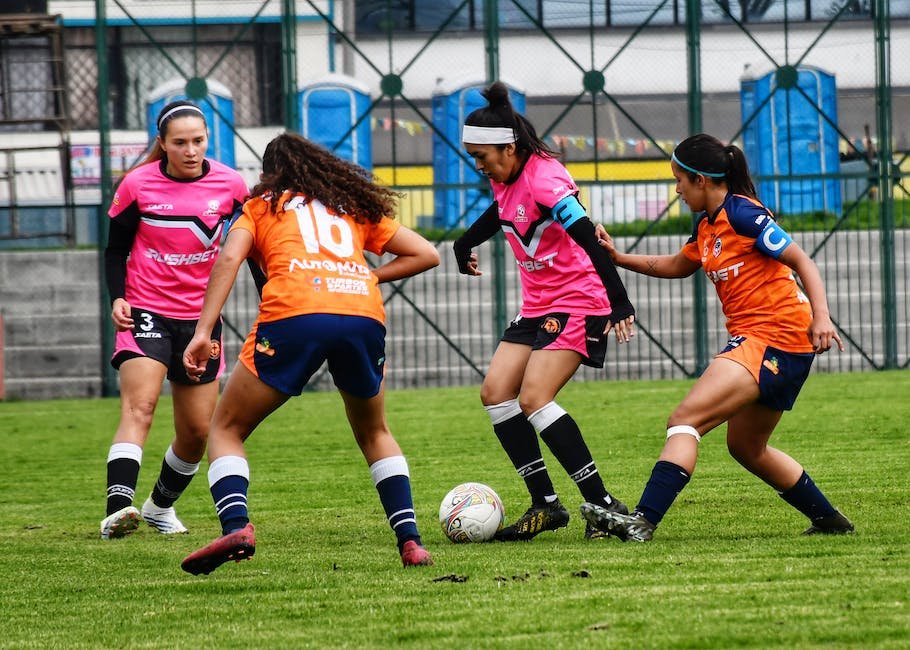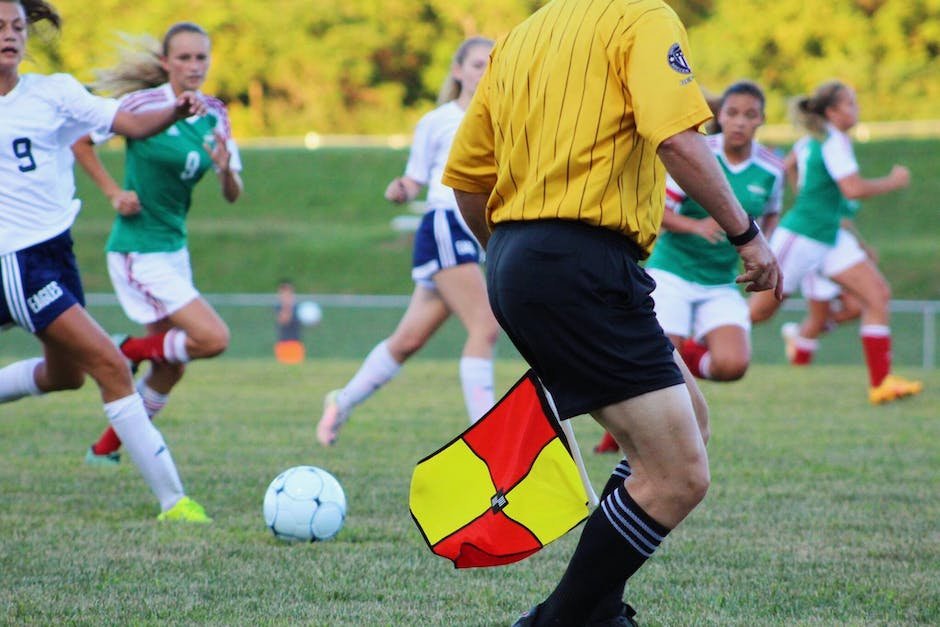The Women’s UEFA European Championship, known as the Women’s Euro, shapes international women’s soccer. It has a rich history, rivalries, and influential figures. This examination looks at its origins, current state, and global impact, emphasizing its role in growing women’s football leagues. Lastly, this perspective probes into the predicted transformations and the exciting future that awaits the women’s euro.
History of Women’s Euro
The Beginnings of Women’s Euro
The Women’s Euro, a soccer competition for European women’s national teams, started in 1984, but officials initially planned it in 1982. They originally called it the European Competition for Representative Women’s Teams. The first competition involved 16 teams, a more modest figure compared to later years. The Swedes became the first host of the tournament, which culminated in a victory for Sweden’s women’s football team.
Evolving Format and Growing Participation
Throughout its history, the Women’s European Cup has experienced several changes in structure and format. At first, the competition happened every two years. However, in 1997, UEFA changed it to every four years to avoid conflicts with the Women’s World Cup and Summer Olympics. The number of teams grew from 16 in 1984 to 47 in 2021.
Notable Moments and Important Games
One of the most iconic moments in Women’s Euro history dates back to 1995, when Germany won the championship for the first time. This victory marked the start of their dominance in European women’s football. They went on to win the title six consecutive times, from 1995 through 2013. Another significant event was the 2009 final between Germany and England, viewed by a record television audience of 9 million in the UK.
The 2017 tournament hosted by the Netherlands saw the Dutch team claim their first Women’s Euro title, breaking Germany’s reign. This competition also set records in terms of global TV audience, with the final match attracting more than 5 million viewers.
Influential Figures in Women’s Euro
Several individuals have shaped the path of Women’s Euro and influenced its growth. Birgit Prinz, a retired German footballer, is noteworthy. She’s the second-highest scorer in the Women’s Euro, with ten goals. Another influential person is Norway’s Heidi Støre, who steered Norway to their only Female Euro win in 1993. Ada Hegerberg from Norway, who won the UEFA Women’s Player of the Year award in 2016, is also an inspirational figure in women’s football.
Countries Participating and Winning
Over the years, numerous countries have taken part in Female’s Euro, but only four have ever won the title. They include Germany with eight titles, Norway and the Netherlands with one each, and Sweden as the inaugural champions. The success of the German team is noteworthy, both for the number of victories and their consecutive wins.
Understanding the Evolution of Women’s Euro
The Women’s European Cup has rapidly evolved from a small-scale contest with limited involvement and acclaim to quickly becoming one of the largest events in women’s soccer worldwide. It now draws in top-ranking national teams across Europe, all eager to compete in this exhilarating face-off.

Current State of Women’s Euro
A Closer Look at Women’s Euro and Its Renowned Teams
The Women’s Euro, officially the UEFA Women’s Championship, is where European women’s national soccer teams fiercely compete for the European title. The growing enthusiasm and participation have led to many strong teams making their mark in its history.
Germany stands as a profound figure in the annals of Women’s Euro, proudly owning a staggering eight European Championship titles. This high count surpasses their rivals by a significant margin of victories. Norway also demands recognition with their notable possession of two championship titles. Additionally, the Netherlands, crowned the victors in the 2017 tournament, are conspicuously noted as they prepare for impending tournaments.
Star Players In The Women’s Euro
Women’s Euro has been the ground where several football talents have significantly shined. A dominant figure in the scene is Norway’s Ada Hegerberg, the first woman to win the Ballon d’Or Féminin in 2018. She significantly contributes to the team’s success with her sharp goal-scoring skills.
Vivianne Miedema, a key player in the Dutch team, has been instrumental in their recent success. Miedema was a leading scorer in both the 2017 Women’s Euro and the 2019 FIFA Women’s World Cup.
German player Dzsenifer Marozsan is also notable. Her exceptional midfield play and ability to score crucial goals have been valuable assets for the German team.
Trending Strategies in Women’s Euro
The strategy and style of play in the Female Euro have evolved over time. Many teams are now focusing on maintaining ball possession and using smart passes to push past the opposition. There’s also a trend towards using speed and physicality to apply high pressing, aiming to disrupt the opponent’s rhythm and win back the ball.
High-performing teams are harnessing flexibility in their strategies, switching between styles as the match situation demands. These evolving tactics have spurred captivating matches and ignited competitive spirit across the tournament.
Effects of the Previous Tournament on Current Rankings
The latest Women’s Euro held in 2017 saw the Netherlands emerge as champions in an exhilarating contest. This outcome represented a significant shift from previous tournaments, where Germany typically dominated. The triumphant performance by the Dutch team has brought a touch of unpredictability to the tournament, setting the stage for a more dynamic competition in the upcoming edition.
Undoubtedly, the results of the 2017 tournament have brought about notable changes in the current rankings. The Netherlands, along with other potent teams, are on everyone’s watchlist. Concurrently, squads like Germany and Norway, who failed to meet expectations in the previous tournament, are poised to strive harder to regain their top positions. This evolving competitive structure hints at a riveting Euro that will keep fans captivated.

Influence and Impact of Women’s Euro
Greater Publicity and Acknowledgment of Women’s Soccer
The Women’s Euro has significantly boosted the standing of women’s soccer in recent times. The tournament acts as a lighthouse, highlighting the aptitude, commitment, and talent of female soccer players on a global platform. This increase in exposure has not only normalized women’s involvement in the sport, but also continues to confront the stereotype of soccer being a predominantly male-centric game.
Economic Impact of Women’s Euro
The economic impact of the Women’s Euro is remarkable. The championship has played a critical role in generating revenue, influenced both directly and indirectly by the tournament. This revenue stems from multiple sources, including ticket sales, broadcasting rights, merchandise, and sponsorship deals. As the tournament generates more interest, the increase in income further promotes the growth and development of women’s football.
Moreover, the economic benefits of the Euro extend beyond football clubs and their players. Local businesses and economies also benefit from increased tourism during the tournament, through visitor spending on food, accommodation, and other services.
Fostering Growth in Other Women’s Leagues
The championship, with its worldwide viewership, has inspired the creation of women’s football leagues and tournaments worldwide.
In countries new to women’s football, the Euro Championship sets the standard for how the sport is organized and played. It has helped grow women’s football in places where men’s football traditionally ruled.
Rise in Participation in Women’s Soccer
The Women’s Euro has brought attention to women’s soccer, boosting participation among girls and women. It’s created role models inspiring future generations to get involved in the sport, both for fun and competition.
In addition, the competition has positively impacted the quality of youth coaching and development programs. This enhancement ultimately bolsters the talent and performance of young female soccer players over time.

Future of Women’s Euro
Emerging Trends and Teams in the Women’s Euro
The Women’s Euro is envisaged to thrive, with players and teams showing increased skill, athleticism, and competitiveness. You should keep an eye on several emerging teams, including the Netherlands, which clinched the title in the 2017 Women’s Euro. Their victory signals their potential future dominance in women’s soccer. Additionally, the France, England, and Germany teams have consistently shown strong performances and are likely to remain formidable opponents in future tournaments.
Potential Rule Changes
Rule changes in football are infrequent, but small adjustments happen to adapt to evolving situations and solve disputes. One possible change that could affect the Euro is FIFA’s suggestion to use technology for offside decisions. If approved, it could improve accuracy, reduce on-field pressure on referees, and speed up the game during critical situations.
Future Championship Format and Structure
At present, the Women’s Euro is held every four years, similar to the FIFA World Cup. However, UEFA is contemplating an increased competition frequency to every two years. This proposal is part of broader efforts to improve women’s football and might start in 2027. If approved, it would mean more frequent international matches, offering more chances for teams to compete at the highest level and for fans to enjoy the sport.
Women’s Euro and Gender Equality
In addition to the developments on the field, the Women’s Euro is also expected to continue pushing for gender equality off the field. UEFA has been promoting gender equity through various initiatives, including the UEFA women’s football strategy, ‘Time for Action’. The governing body has shown its dedication to enhancing women’s involvement in football, promoting more women in leadership roles, and challenging stereotypes about women’s sports.
Commercial Developments and Increased Investment
Another aspect of the future of women’s Euro will be commercial developments and increased investment. The success of recent tournaments has resulted in an uptick in commercial interest in women’s football. Broadcasters, sponsors, and other stakeholders are showing more interest and investment in the sport, which is expected to continue. This increase in commercial attention and potential investment facilitates not only the growth of the sport but also, arguably, the quality of the contests.
Conclusion
The Women’s Euro’s future promises a thrilling era of improved skills, more competitiveness, gender equality, and increased commercial interest. This could come with rule changes and adjustments in the tournament format. Looking into the future of the Women’s Euro reveals the possibility of new teams rising, rule changes, and planned alterations that could reshape the current championship format.
These transformations open a pathway to cultivate a more dynamic, inclusive, and exciting women’s Euro. It reverberates the essence of evolution – a continuous process of change, growth, and constant improvement. As the Women’s Euro progresses, it stays true to its core mission: empowering and elevating women’s soccer. Looking ahead, it will keep sparking enthusiasm, breaking barriers, and leading the way for women’s football worldwide, tournament by tournament.
